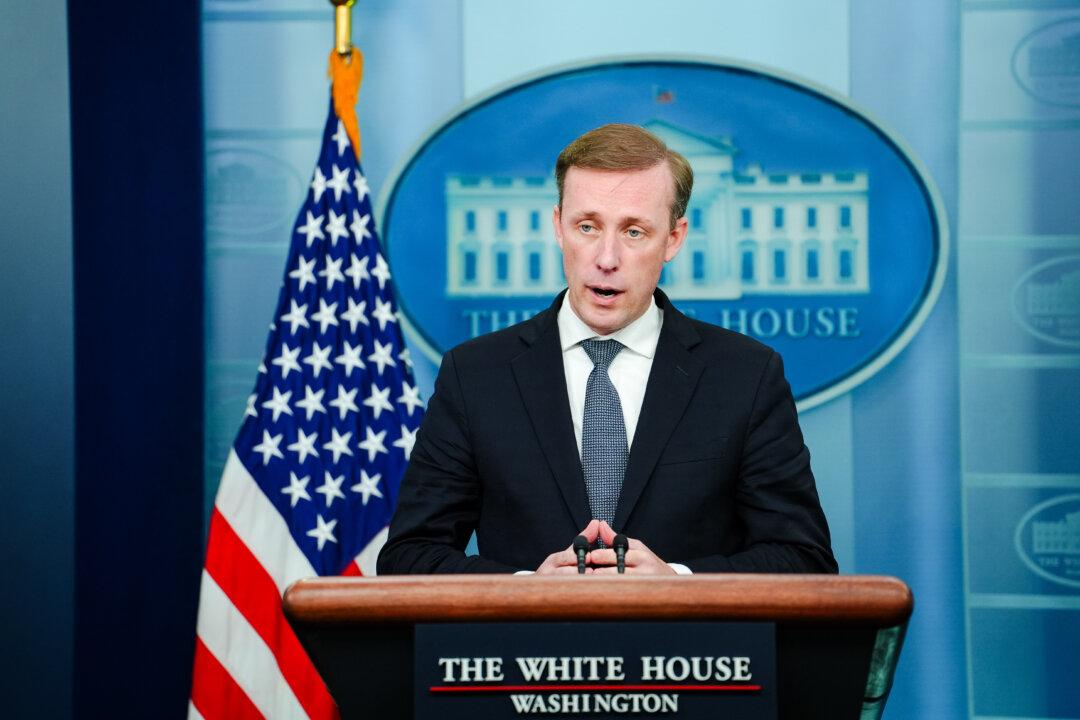White House national security adviser Jake Sullivan will meet with China’s foreign minister Wang Yi in Thailand, as the Biden administration continues its policy of engagement with the Chinese Communist Party (CCP).
Adrienne Watson, spokesperson for the White House National Security Council, said in a statement on Thursday that Mr. Sullivan and Mr. Wang will meet on Jan. 26 and 27 in Bangkok. She added that President Joe Biden and CCP leader Xi Jinping have laid out the importance of the two sides holding talks.





